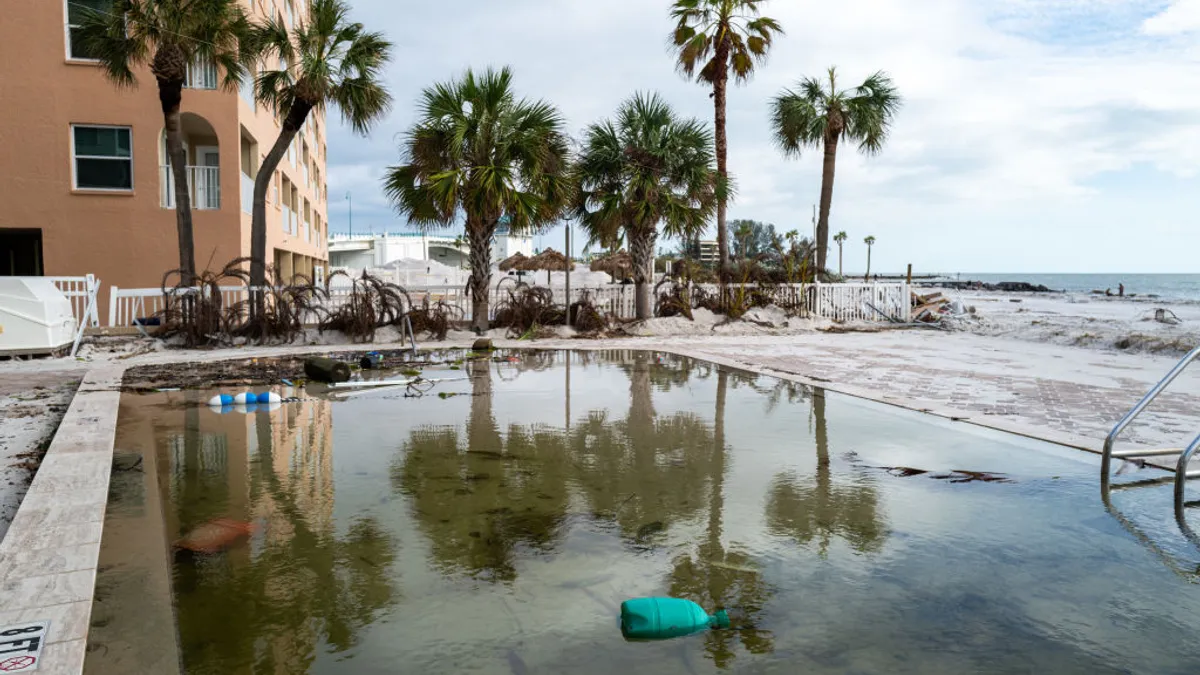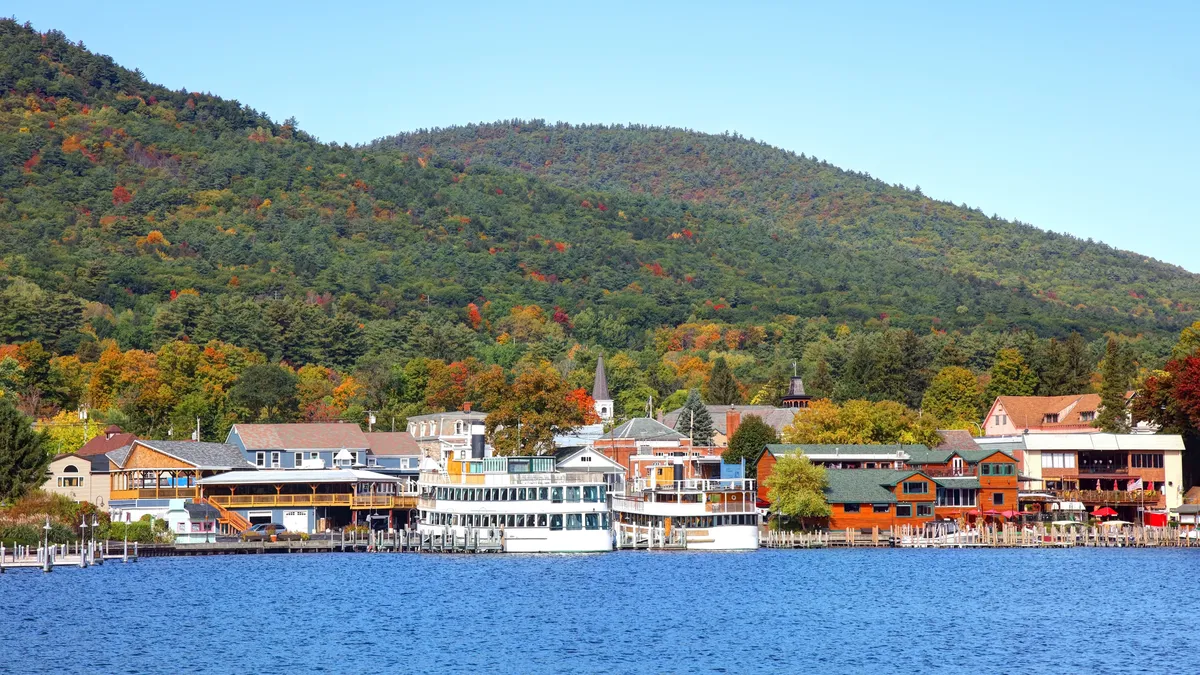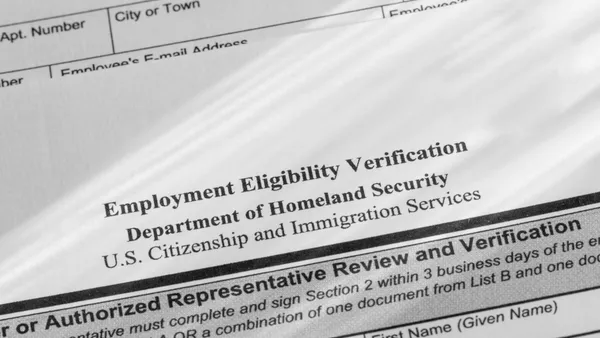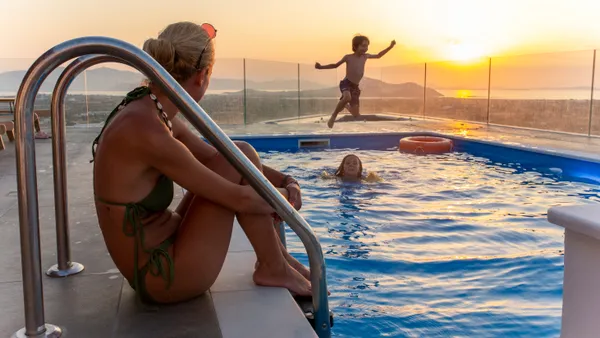Not one, but two deadly hurricanes have hit the U.S. already this fall, and hotels in the impacted regions will have a long road to recovery from Hurricanes Helene and Milton, which hit Florida and the Southeastern U.S. in late September and early October.
Like other hotels in affected areas, Remington Hospitality has had the difficult task of preparing and protecting its properties and staff in recent weeks. Leading the charge for the hotel management company is Robert Carl, whose job as vice president of facilities and capital planning is to be prepared for whatever Mother Nature throws his way.
Hotel Dive spoke with Carl as Hurricane Milton was approaching Tampa, Florida, where Remington operates two properties. Carl had just got off the phone with one hotel when he sat down for an interview. “This is not a situation where we think we're going to escape with minimal impact,” he said.
The following are Carl’s top tips for hoteliers dealing with extreme weather scenarios, as told to Hotel Dive.
This interview has been edited for length and clarity.
1. Streamline communications
“It's important to have consistent communication and one source of communication. You have one person who's broadcasting the message to the key stakeholders — owners, senior management, third-party partners and vendors — on emergency response, so that everything funnels through that one person. That’s key in any type of situation, whether it be man-made or a natural disaster.
“We manage hotels for about 15 different owners, so you have to make sure that you're communicating with all the key stakeholders. Because not only are we managing the hotels — and we're responsible, obviously, for the safety and security of our associates and guests — but also we're stewards of the assets, so we have to keep our owners closely updated as to what's going on.”
2. Be proactive
“In a situation as serious as [Hurricane Milton], we've already made contact with key contractors and vendors, so that as this [storm] moves, we're able to get in and provide whatever support and assistance our properties need, and we can mobilize quickly. A lot of times, we've got somebody who’s pre-deployed, and we will provide them with accommodations so they can be stationed in the area where the disaster or the event is. We know that if we take care of them, they're going to take care of us.”
3. Remind staff of the basics
“We have an app on every one of our hotel general managers’ and engineers’ devices, and it's basically a checklist of what they should do in preparation [of a weather event]. It's really a lot of basics, like moving linens and supplies from the lower floors up higher in the building, due to the strong potential we're going to have flooding, and making sure that things are secured on lower levels. We double, triple and quadruple check generators and roof drains. These are very basic things, but things that often get forgotten in the haze of a weather event.”
4. Keep your people safe
“Thinking of our staff and guests that may still be at the hotel, we pre-deploy food, water and essentials, just in case. We don't want to risk any of our associates, and we don't want to risk any of our guests. If it comes to the point where we're advised to evacuate, we will evacuate, but otherwise, we prepare to have somebody on-site so that we can protect the asset, as well as house individuals, if it's appropriate. We give our staff the option to stay at the property through an event. A lot of times, people live in an area that’s high risk, so we want to make sure that they are always welcome to bring their family and shelter in place at the hotel. If that's not safe, or they don’t feel comfortable about that, then we respect that.”
5. Keep your rates steady
“We have some properties where folks evacuate, and then we have others that end up housing people who’ve fled. We always emphasize this is not an opportunity, from a business standpoint, to take advantage or attempt to make some extra dollars. We need to hold the line on rates and make sure that we're accommodating people trying to get out of these events.”










